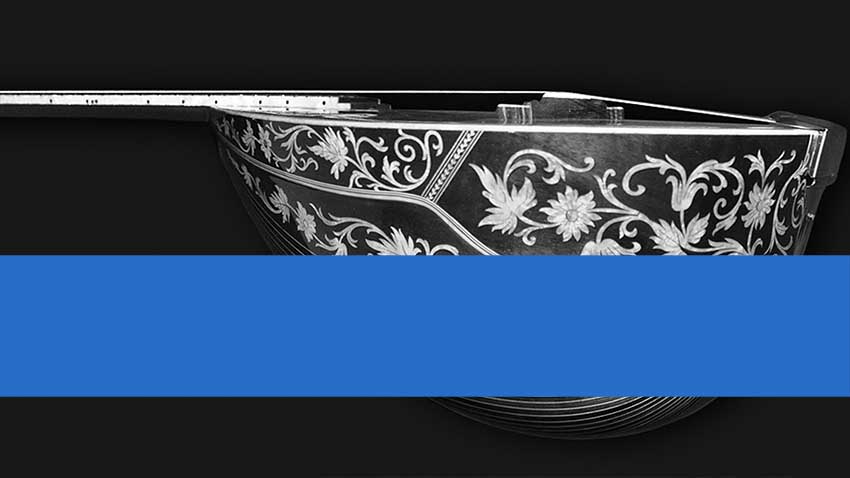In these 5 Chapters, the study further enhances students’ knowledge of becoming educated musicians, not just bouzouki masters.
BOUZOUKI METHOD BEGINNERS – CHAPTERS 1-3 (the free lessons) are not compulsory. This knowledge though is required to fully comprehend the following chapters. It is recommended that this knowledge is known.
The current state of Bouzouki’s teaching methods
Currently, most of the resources for finding information/lessons on the Bouzouki are through the Internet, specifically YouTube, and private lessons with a professional of the instrument. All these sources try to teach the Bouzouki based not only on the oral tradition but also on different unorthodox practices. That is some skill exercises (based on the judgment of each teacher), of course, the “dromoi”, meaning roads, the dromoi chords, repertoire, and many hours of study by the student.
This kind of teaching exists today for learning the Bouzouki.
Our method consists of two learning systems.
The first is the oral tradition which includes skill exercises, the “dromoi”, the dromoi chords, and the repertoire. The second is classical education which means that we learn to play music through music theory. The learning trajectory can ultimately bring the student to the highest level of performance ability, which includes reading and writing a score.
The Methodology
This academic method is the same and the most prevalent method of teaching any stringed musical instrument that has been applied in conservatories for centuries, with the amendment from two main parts, the oral tradition, and the musical theory (reading notation). An educational learning method for any stringed instrument incorporates the correct finger positions (tablature see guitar), scales, many exercises, playing techniques, songs, and instrumental music.
This music school’s method uses the same musical signs (on the stave) to learn a stringed instrument without tabs for the Bouzouki. These studies further enhance students’ knowledge of becoming educated musicians, not just bouzouki masters, as they benefit from the oral tradition.

